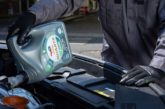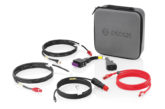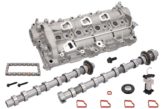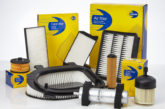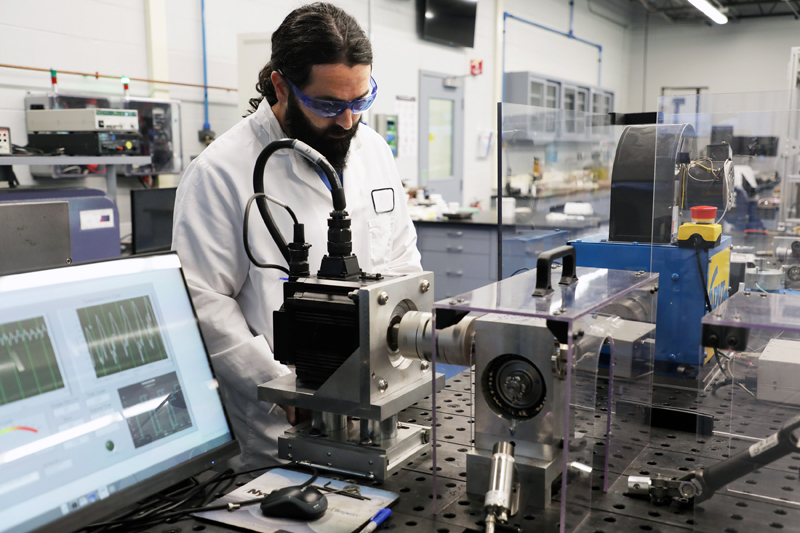
Matthias Ostertag, head of automotive components at Fuchs, explores the changing landscape of vehicle steering systems and the increased demands on the lubricants needed for them.
As vehicles evolve into increasingly sophisticated machines, steering systems are undergoing transformative changes, placing new demands on automotive engineering. With the emergence of electric and hybrid vehicles, consumers are expecting a quieter, smoother, and more responsive driving experience.
The transition from traditional hydraulic steering to electric power steering (EPS) and steer-by-wire systems introduces new complexities in vehicle design. These emerging technologies require precise management of torque, vibration, and noise: factors that significantly influence driver comfort, vehicle responsiveness, and overall vehicle safety.
Electric vehicles amplify these challenges due to their inherently quiet operation. Previously unnoticed steering vibrations and noises in conventional combustion engines are now starkly evident in EVs, necessitating new lubrication solutions designed to mitigate these issues.
EV steering systems must endure diverse and demanding operating conditions, requiring specialised lubricants that maintain optimal performance across a wide temperature range. Maintaining viscosity consistency in extreme temperatures, both high and low, is paramount in these applications. Stable viscosity prevents stickslip, ensuring precise steering control.
Given the electrical nature of EVs, their lubricants must demonstrate compatibility with electrical systems, featuring low electrical conductivity and strong dielectric properties to avoid interference with critical electronic components. Corrosion protection has also emerged as a critical lubrication requirement, as moisture and contaminants frequently challenge steering component durability.

Changing lubricants
Recent advances in lubricant formulations directly tackle prevalent issues like stick-slip, which causes uneven steering feedback. Modern lubricants now integrate sophisticated additives designed to stabilise viscosity, improve corrosion resistance and effectively minimise noise, vibration, and harshness. These features provide smoother, more predictable steering interactions, greatly enhancing both the driver experience and internal component reliability.
Specialised lubricant formulations now address critical niche applications, including connector greases, which are essential for maintaining the integrity of electrical connections in advanced steer-by-wire systems. These lubricants offer robust protection against corrosion and wear, ensuring sustained, reliable vehicle performance. Additionally, the increasing focus on life-time lubrication reflects the automotive industry’s need for greater durability as vehicles remain operational longer. Lubricants must therefore provide sustained protection without frequent maintenance.
As the automotive industry continues to evolve, the demand for advanced, sustainable and high-performance lubricants has never been greater. Leading suppliers are responding by investing in rigorous R&D, embracing digitalisation, and prioritising environmental responsibility.
Fuchs, for example, has developed RENOLIT CX SWG 0-1, a PFAS-free grease specifically engineered for the complex needs of modern steering systems. This novel formulation delivers consistent torque performance, reduces noise and vibration and maintains stability across a wide temperature range, directly addressing the challenges faced by electric and hybrid vehicles. Unlike conventional greases, RENOLIT CX SWG 0-1 combines environmental compliance with durability, making it uniquely suited for next-generation steering systems. This grease exemplifies how targeted innovation can help automotive manufacturers meet both regulatory requirements and customer expectations for reliability and sustainability.


